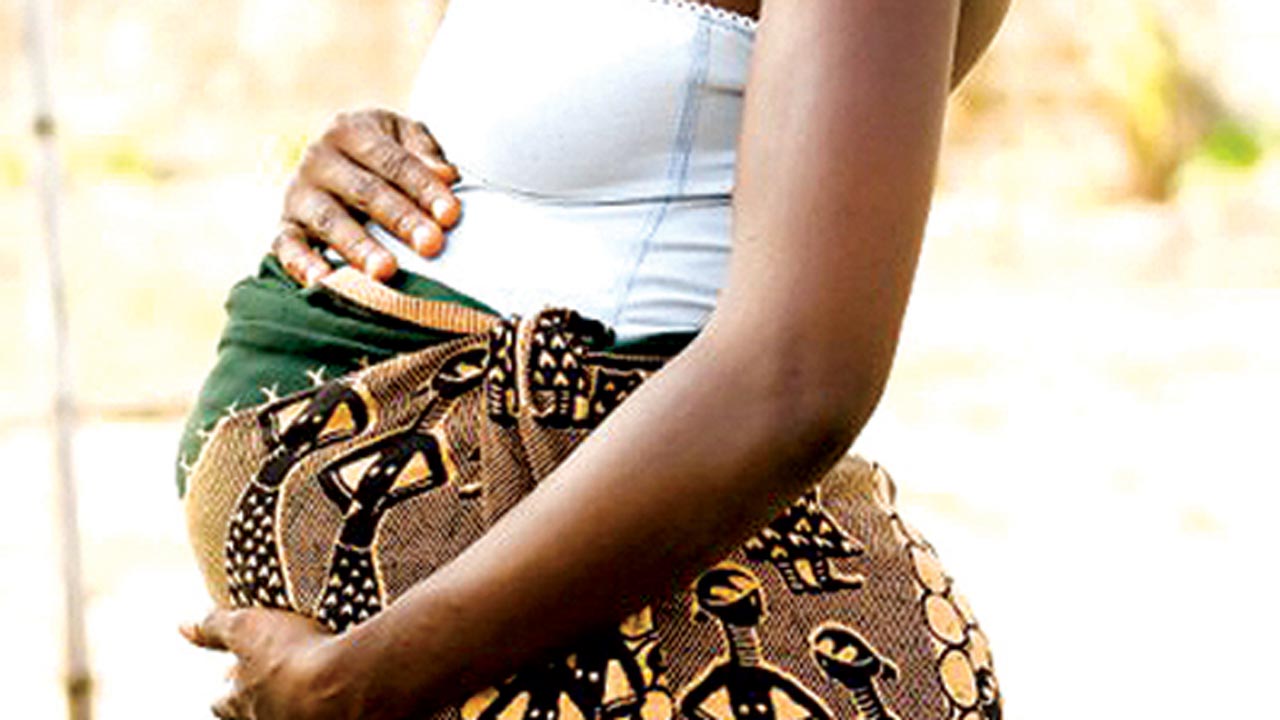‘11% of maternal deaths in Nigeria due to unsafe abortions’
Eleven per cent of maternal deaths in Nigeria is due to unsafe abortions, the Global Advocacy Director of Pathfinder International, Dr Habeeb Salami has said. He stated this Thursday in Abuja during a one-day media and civil society organisation engagement training workshop organised by the Balanced Stewardship Development Association (BALSDA). Nigeria records a mortality rate […]

Eleven per cent of maternal deaths in Nigeria is due to unsafe abortions, the Global Advocacy Director of Pathfinder International, Dr Habeeb Salami has said.
He stated this Thursday in Abuja during a one-day media and civil society organisation engagement training workshop organised by the Balanced Stewardship Development Association (BALSDA).
Nigeria records a mortality rate of 570 per 100,000 live births.
Salami said, “11% of maternal mortality is due to unsafe abortion. So if you extrapolate that to maternal mortality, it means that 570 per 100,000 live births for Nigeria. If you do the maths, at the minimum, nothing less than 200 women die every day. So it is not something we should be happy about. Our women are dying every day from things we can prevent.”
He said outdated abortion laws in the country were responsible for the increasing death rate from unsafe abortions.
He called for urgent review of Nigerian abortion laws to enable women and girls have access to reproductive services.
He said, “What we are asking for is let our laws be expanded to include those who have been raped, and are pregnant, or those who were evaluated as incest. So let’s have opportunities for women that have gone through those emotional traumas.”
Executive Director, BALSDA, Adeleye Adewale, said the purpose of the workshop was to appeal to the government to expands abortion laws to cover women and girls that are being violated.
He said, “When a woman is raped and she becomes pregnant, how can you now want that kind of woman to keep the baby? So we are calling on the government to begin to reform the law, and see where changes can be made to accommodate these kinds of people.”
